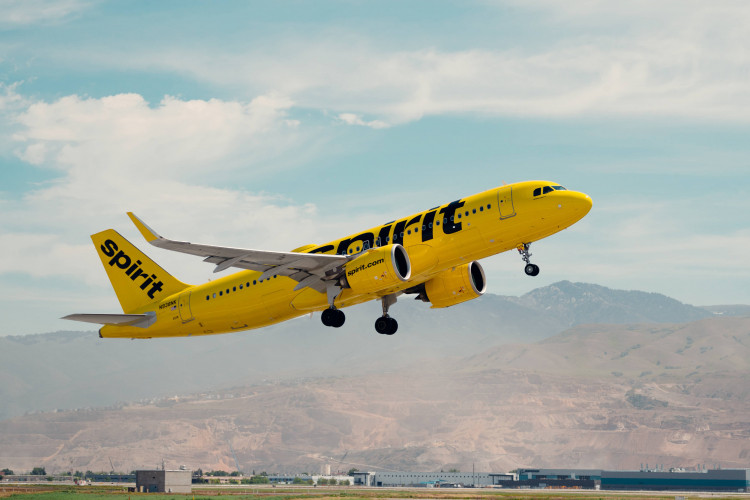Spirit Airlines has officially emerged from bankruptcy protection, completing a court-approved restructuring plan aimed at restoring financial stability. The low-cost carrier announced Wednesday that it successfully reduced its debt by approximately $795 million and secured a $350 million equity investment to support its future operations. The plan positions Spirit to remain competitive as the airline industry navigates shifting demand and economic pressures.
"We're emerging as a stronger and more focused airline," Spirit CEO Ted Christie said in a statement. Christie, who will continue to lead the airline post-bankruptcy, emphasized the company's commitment to refining its business model and enhancing its offerings to attract cost-conscious travelers.
The airline, which filed for Chapter 11 protection in November, cited mounting financial struggles stemming from rising operational expenses, increasing competition, and lingering effects of the COVID-19 pandemic. Since 2020, Spirit has recorded more than $2.5 billion in losses, forcing the company to reevaluate its financial structure.
While speculation about a potential merger has persisted, Spirit has thus far rejected acquisition attempts from competitors, including JetBlue and Frontier Airlines. A third bid from Frontier was turned down last month, with the company opting to focus on its own strategic realignment. Christie signaled that Spirit remains open to future consolidation but is currently prioritizing its own recovery.
The airline has been pivoting from its traditional no-frills model, introducing fare bundles that include added perks such as extra legroom, priority boarding, free baggage, and in-flight Wi-Fi. "Moving forward with our strategy to redefine low-fare travel with our new, high-value travel options," Christie said, underscoring the airline's efforts to capture a wider segment of travelers.
Spirit's financial restructuring resulted in the cancellation of previously issued shares, though the company intends to re-enter the public market with newly issued stock once conditions allow. The airline has not provided a timeline for when its shares will be relisted.
The timing of Spirit's bankruptcy exit coincides with major strategic changes at Southwest Airlines, which recently announced it will begin charging for checked baggage, a departure from its decades-old policy of allowing two free checked bags per passenger. The decision, set to take effect in May, is expected to alter customer behavior and could present an opportunity for Spirit to attract budget-conscious flyers looking for alternatives.
"I think it's going to be painful for a little bit as they find their footing, and we're going to take advantage of that," Christie said in an interview Thursday. He noted that passengers accustomed to Southwest's simpler pricing structure may now explore other low-cost carriers, including Spirit, which has historically relied on an à la carte pricing model for seat assignments, baggage, and other services.
Spirit's presence in markets where it competes directly with Southwest, including Kansas City, Nashville, Columbus, and Milwaukee, could give it an edge as Southwest implements its pricing changes. Christie highlighted that Southwest's recent inclusion on travel booking platforms such as Expedia, where Spirit often appears as a lower-cost option, may further help Spirit gain visibility among price-sensitive consumers.
The airline's restructuring and operational adjustments come at a challenging time for the industry. Major carriers, including Delta, American, and Southwest, have downgraded their revenue outlooks for the first quarter, citing slowing travel demand, economic headwinds, and safety concerns following recent high-profile incidents. Delta Air Lines President Glen Hauenstein recently noted that Southwest's elimination of free checked bags could lead customers to explore alternative carriers. "There are consumers who choose Southwest based on its free bag perk, and now those customers are up for grabs," he said.
For Spirit, returning to profitability remains the key objective. The airline reported a net loss of more than $1.2 billion in 2024, more than double its losses from the previous year, due to a combination of grounded jets from a Pratt & Whitney engine recall, increased domestic competition, and the collapse of its attempted merger with JetBlue.






